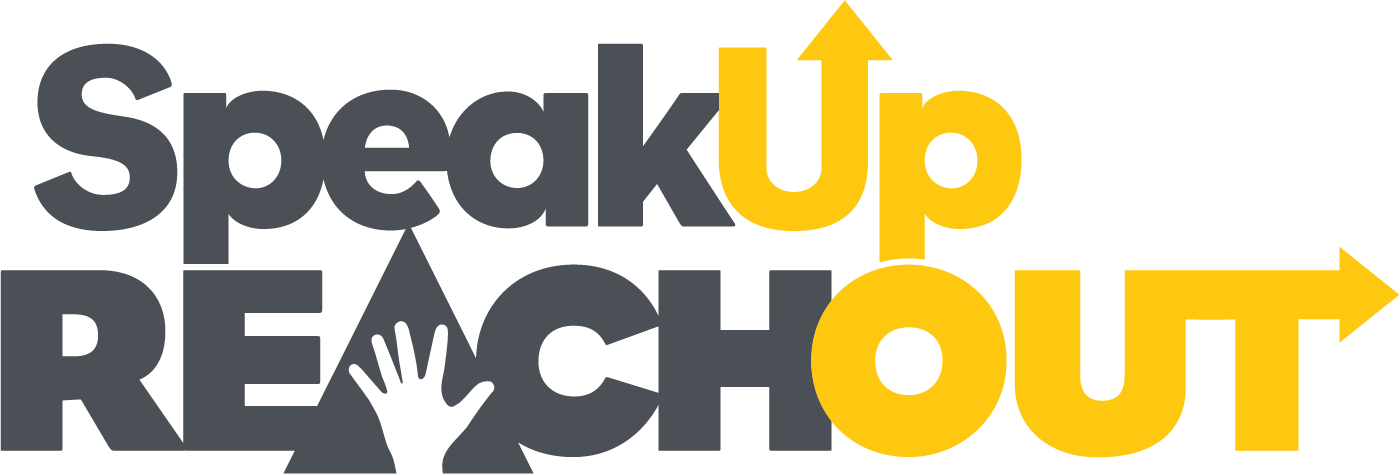Learn 9 best practices to reduce mental health emergencies and improve worker wellbeing.
Are you a workplace leader who:
Is concerned about the ability to recruit and retain emerging talent?
Wants to show that your organization authentically cares about worker wellbeing?
Is striving to have a healthier, safer, and more productive workforce?
Is looking for ways to reduce your legal exposure by proving your commitment to mental health and suicide prevention?
Wants to reduce the tragedies endured by suicide, overdose, and the consequences of addiction?
The Workplace Wellbeing Summit is an immersive, workshop-style event designed for workplace teams of 3-10 members from each organization. This dynamic summit focuses on developing a comprehensive, sustainable strategy to address critical aspects of workplace mental health, including suicide prevention, addiction recovery, and overdose prevention. Through highly engaging and interactive sessions, participants collaborate to create tailored roadmaps that align with their organization's unique needs and culture. The summit empowers teams with the tools and knowledge to foster a healthier, more supportive work environment, promoting overall employee well-being and contributing to a positive organizational impact.
A thriving business community starts with healthy, supported employees. Vail Valley Works proudly supports the Workplace Wellbeing Summit because investing in workforce wellness drives community vitality, fosters innovation, and improves the overall quality of life.
Listen to The Partnership Podcast Workplace Wellbeing Summit 25 episode (16:36 min).
THE INVESTMENT for your team of 3-10 members:
501c3 Nonprofit Organization OR Small Business (less than 15 employees): $250
Government or Healthcare Organization: $375
For Profit Organization: $500
PRESENTED BY
JOIN THESE ORGANIZATIONS ON APRIL 11:






